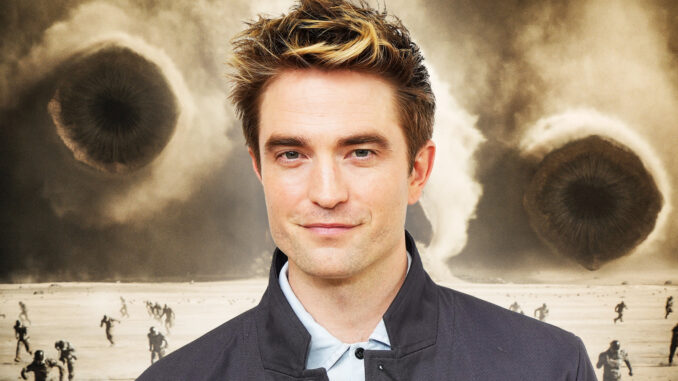
The Glittering Ghost of Twilight and Pattinson's knowing smile
Robert Pattinson, forever etched in the collective consciousness as the brooding, sparkly vampire Edward Cullen, occupies a peculiar space in pop culture. He is both a former heartthrob haunted by a role he seemingly outgrew and a critically acclaimed actor who has diligently carved a path towards artistic respectability. In observing Pattinson today, particularly his sardonic wit and occasional self-deprecating remarks about his early work, one can almost see him chuckling at those who still harbor a deep-seated animosity towards the Twilight saga. It's not a malicious laugh, not a victory dance, but rather a knowing smile, a quiet amusement at the staying power of a phenomenon he both benefited from and endured.
The initial wave of Twilight hatred was a tidal wave, fuelled by various sources: the perceived simplistic plot, the clunky dialogue, the intense, bordering-on-unhealthy, obsession of its fanbase. The backlash was often directed at the actors, particularly Pattinson, who became a lightning rod for those who felt the series represented a degradation of cinema and romance. He, along with Kristen Stewart and Taylor Lautner, became synonymous with a cultural phenomenon that many deemed vapid and ultimately harmful.
However, time, coupled with Pattinson's own determined efforts, has started to soften the edges of this animosity. He hasn’t shied away from acknowledging the absurdity of certain aspects of the saga. His dry humor, often delivered with a twinkle in his eye, suggests a comfortable distance from the fervor that once surrounded him. He's even poked fun at Edward's inherent creepiness, recognizing the problematic power dynamics that fueled the Bella-Edward romance. This self-awareness, this willingness to acknowledge the flaws while acknowledging the impact, disarms the critics. It's harder to hate someone who is, in a way, laughing along with you.
Moreover, Pattinson’s post-Twilight career has been a deliberate and calculated rejection of the teen idol image. He sought out roles in independent, often challenging, films, working with auteurs like David Cronenberg, Claire Denis, and the Safdie brothers. His performance in "Good Time" was a revelation, showcasing a raw, visceral energy that was a far cry from the romanticized detachment of Edward Cullen. This dedication to craft, his willingness to embrace unconventional roles, slowly chipped away at the perception of him as merely a pretty face.
Therefore, when Pattinson laughs, or rather, when he embodies that knowing smile, it’s not a dismissal of the Twilight phenomenon. Instead, it’s a commentary on its enduring legacy. He understands that Twilight, despite its flaws, holds a significant place in the cultural landscape. It ignited a passion in millions of young people, provided escapism, and fostered a sense of community. It launched his career and gave him the platform to pursue his artistic ambitions.
He also understands the irony. The same fans who shrieked his name in frenzied excitement are now dissecting his nuanced performances in independent films, debating the merits of his brooding intensity versus his comedic timing. He has transcended the confines of Edward Cullen, proving his talent and earning the respect of critics who once scoffed at his involvement in the vampire saga.
So, when we imagine Robert Pattinson laughing at those who still hate Twilight, it's not a moment of superiority, but a moment of profound understanding. He's acknowledging the absurdity, the passion, the enduring legacy, and ultimately, the journey that transformed a sparkly vampire into a respected and endlessly fascinating actor. He’s laughing at the sheer, unadulterated, and undeniably complicated cultural phenomenon that continues to shimmer, like a forgotten vampire in the sunlight, long after the initial bite. His laughter, in the end, is a testament to his own evolution and a gentle reminder that even the most glittery of beginnings can lead to something unexpectedly profound.
